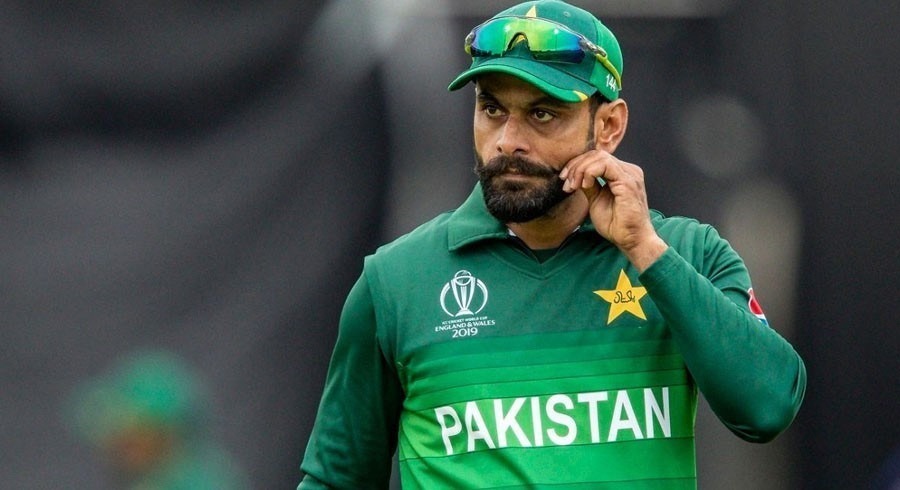Surprised by the news, Hafeez promptly made phone calls to PCB headquarters in Lahore, stating that appointing Salman Butt was a mistake
 PHOTO: AFP
PHOTO: AFP
Mohammad Hafeez played a pivotal role in the removal of Salman Butt as a selection consultant, expressing strong opposition to the decision. Initially, the PCB had confirmed the appointments of former cricketers Kamran Akmal, Rao Iftikhar Anjum, and Salman Butt as consultant members. However, the inclusion of Butt faced intense criticism within the cricketing community, leading to a swift reversal of the decision.
Upon learning about Butt's appointment in Australia, team director Hafeez reportedly urged top PCB officials to reconsider the choice. Surprised by the news, Hafeez promptly made phone calls to PCB headquarters in Lahore, stating that appointing Salman Butt was a mistake. He emphasized his longstanding opposition to working with individuals with a tainted past and questioned how he could collaborate with someone of that nature.
Sources disclosed that Wahab, a close friend of Salman Butt, sought to bring him back into the national setup and had discussed this with Hafeez before the team's departure for Australia. Despite Hafeez's strong advice against it, Wahab, drawing parallels with Mohammad Amir's case, gained approval from the board to appoint Butt.
This decision triggered severe criticism of Hafeez on social media, with old videos resurfacing where he spoke against working with fixers. Unsettled by the backlash, Hafeez exerted pressure on authorities to reverse the decision. Media and former cricketers also strongly opposed Salman's appointment, and even high-ranking government officials were displeased. Consequently, the PCB changed its decision and announced the reversal during a hastily arranged media conference by Wahab Riaz.
Salman Butt's troubled past, including imprisonment in 2011 for his involvement in a conspiracy to deliberately bowl no-balls during a Test match against England at Lord's the previous year, played a significant role in the controversy. The ICC had imposed a 10-year ban on him, with five years suspended.